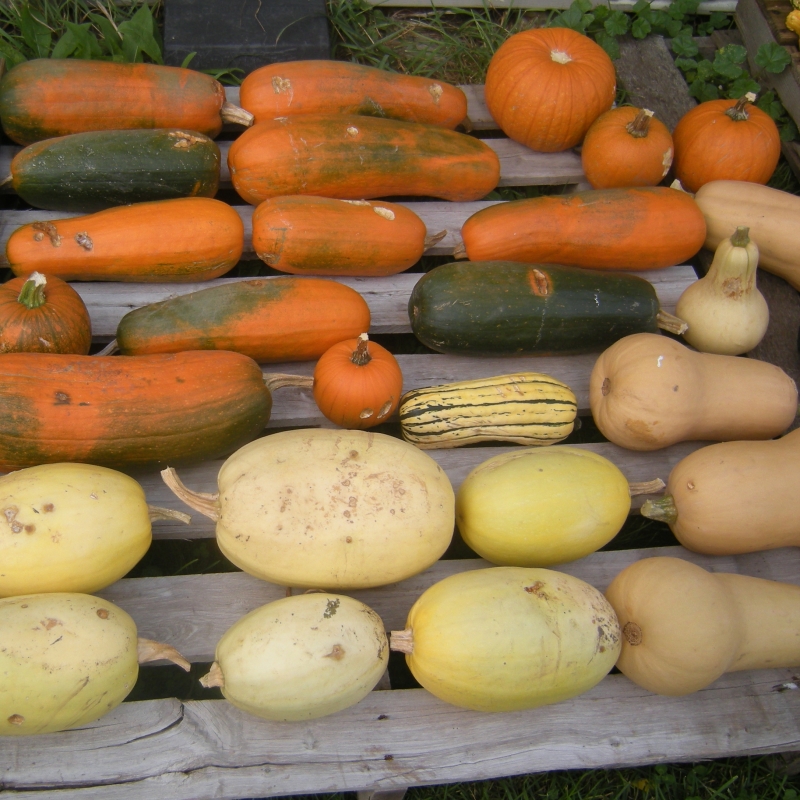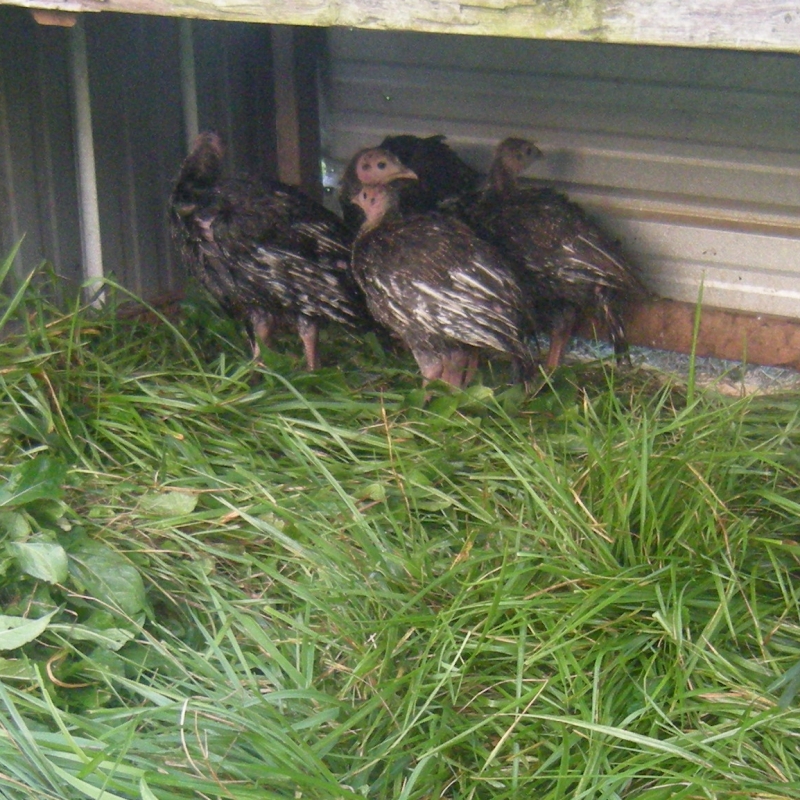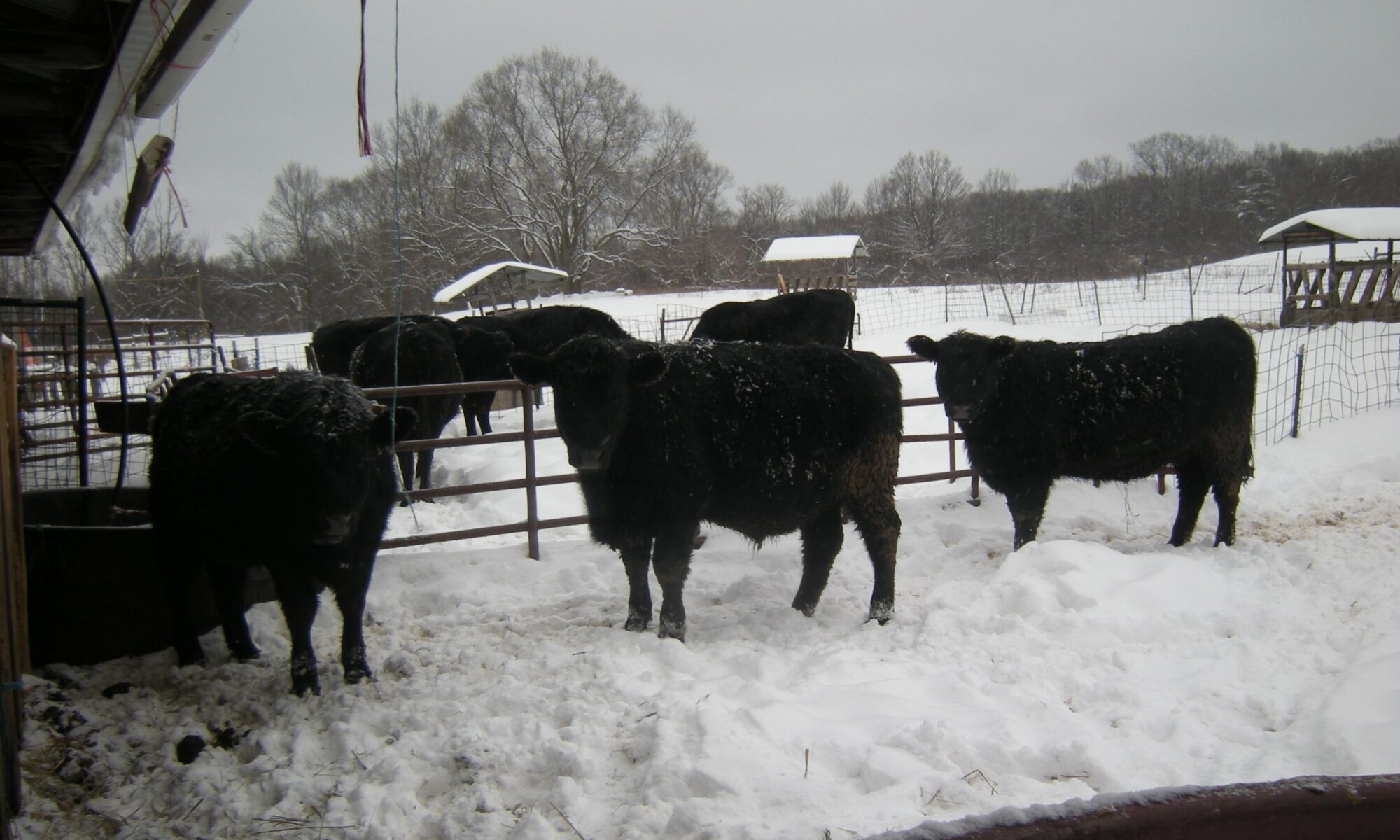
Farming outdoors allows for more mammal predators than farming in barns or greenhouses. In our squash patch we have a woodchuck this year. It has gnawed on these squashes. These are useable. However, with the skin broken and the flesh bitten into, they are more vulnerable to mold and bacteria. So they will need to be used sooner or cooked and frozen. We won’t sell them or store them as squash for winter.
Sometimes the mammal predator is our own dog. We let her loose among our layers. Then one day we saw her chasing a chicken and grabbing it with her mouth. So now her area is more restricted to protect the chickens she is to be guarding. She is good at barking at what should not be around. I guess she just didn’t think to bark at herself.
Sometimes the predator is a pack of dogs. This used to be common for us. We would lose 25 meatbirds in one morning. Since getting a guard dog, this doesn’t happen as much.
However, it did with this year’s batch of turkeys. Our turkeys were not near our guard dog, and the dogs got into the turkey enclosure and damaged or killed about 10-12 turkeys. We were left with 7 turkeys.

Where do dogs like this come from? Probably someone owns them but just lets them run and fend for themselves. They didn’t have collars, and they don’t come to us if we call, so they aren’t real tame. Our turkeys looked good to them, and that was breakfast. It is annoying, disappointing, and upsetting.
With any predator, after grieving and feeling the pain, then it is time to look at what happened and why, and decide how to prevent destruction of our vegetables or livestock and also what we can do to live with the mammal predators. And so we continue to farm, growing food and working to live in balance with the natural world around us.
